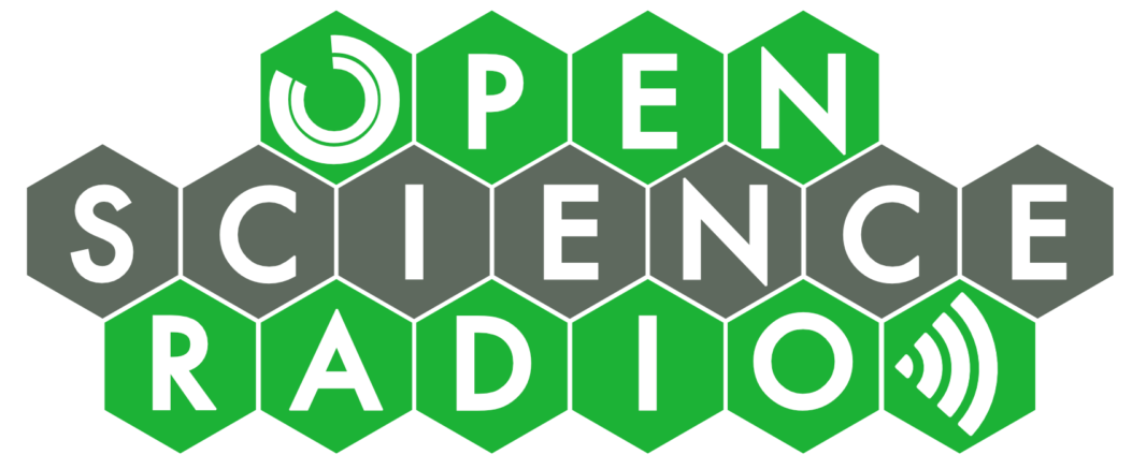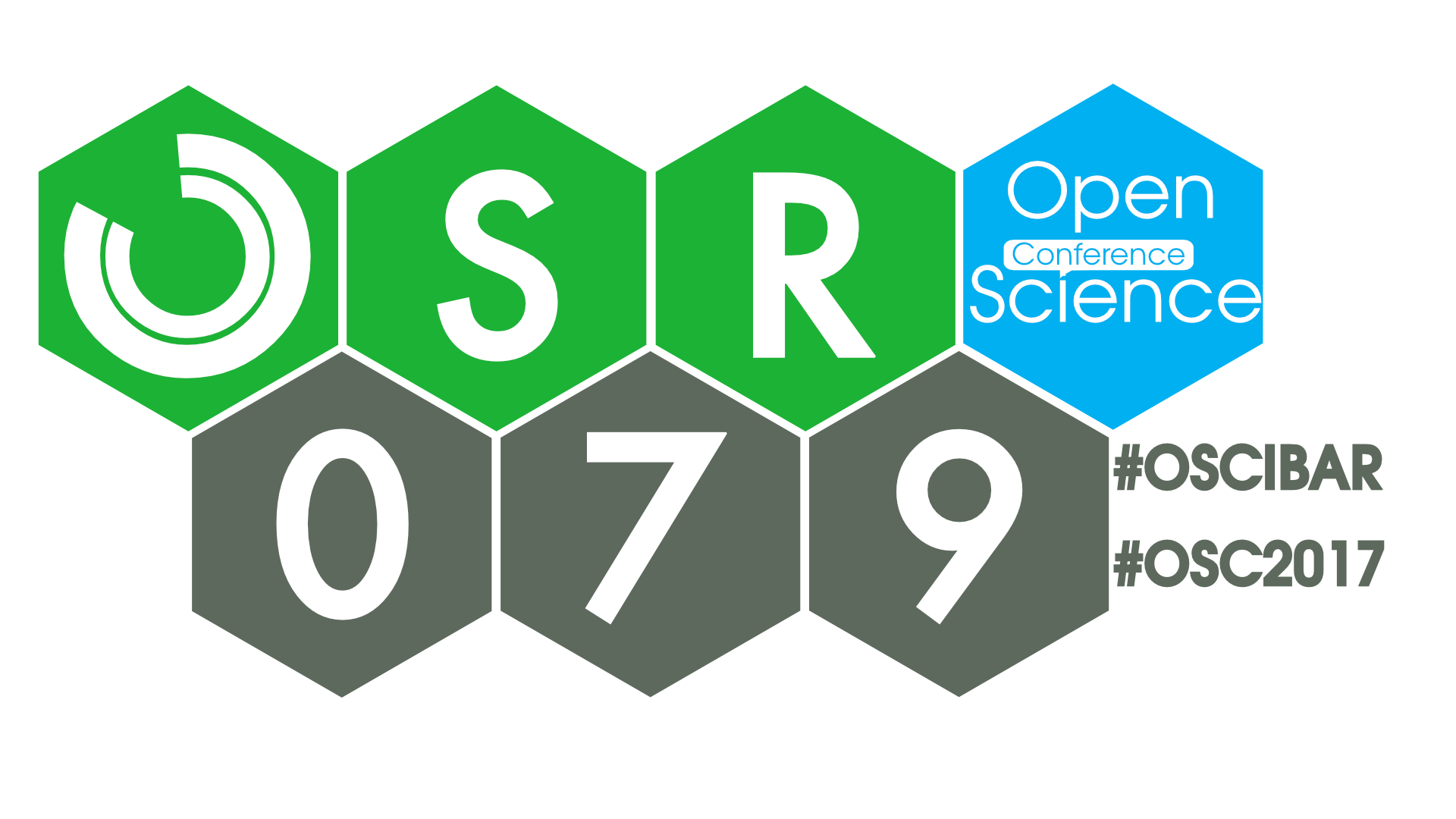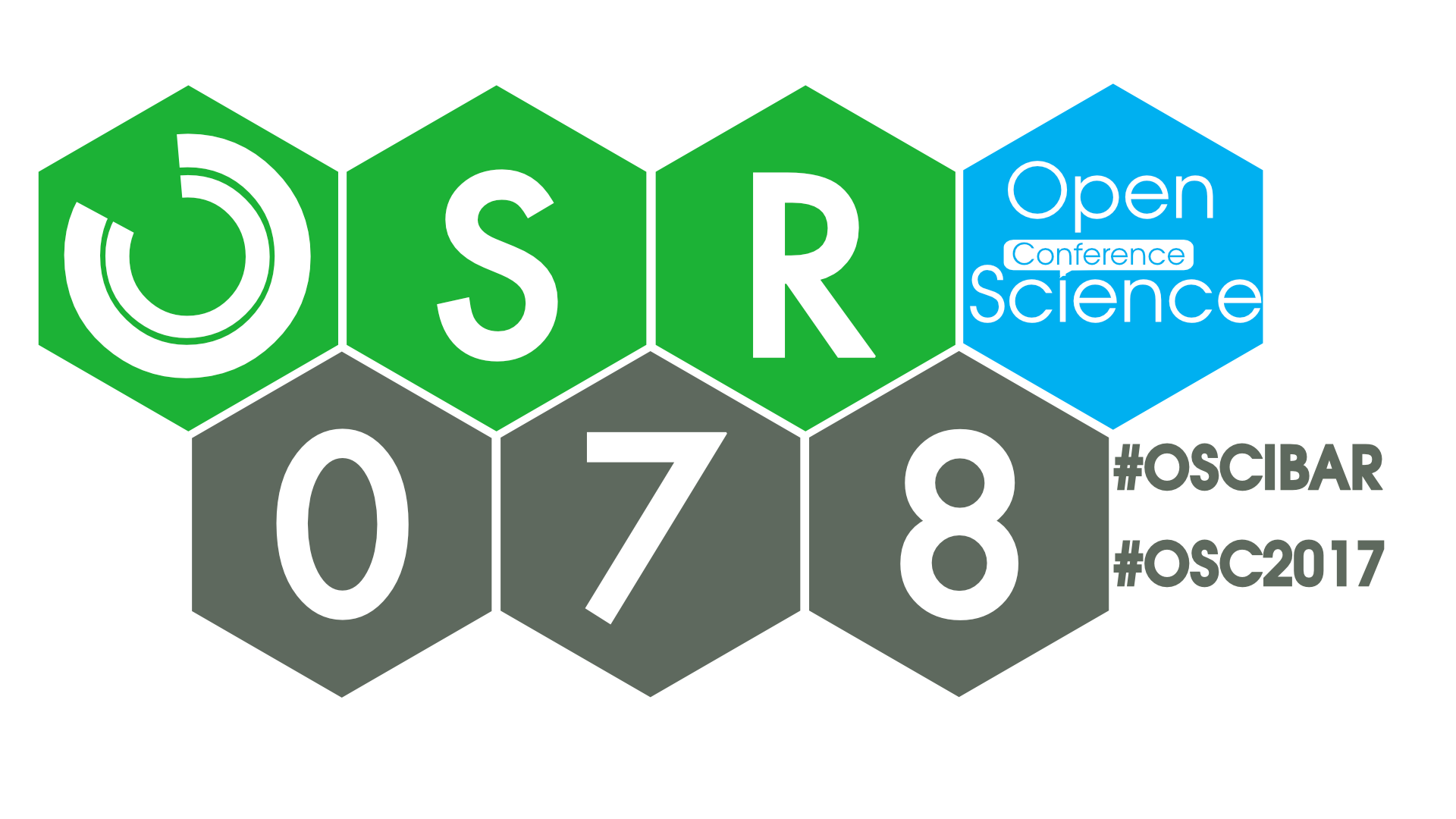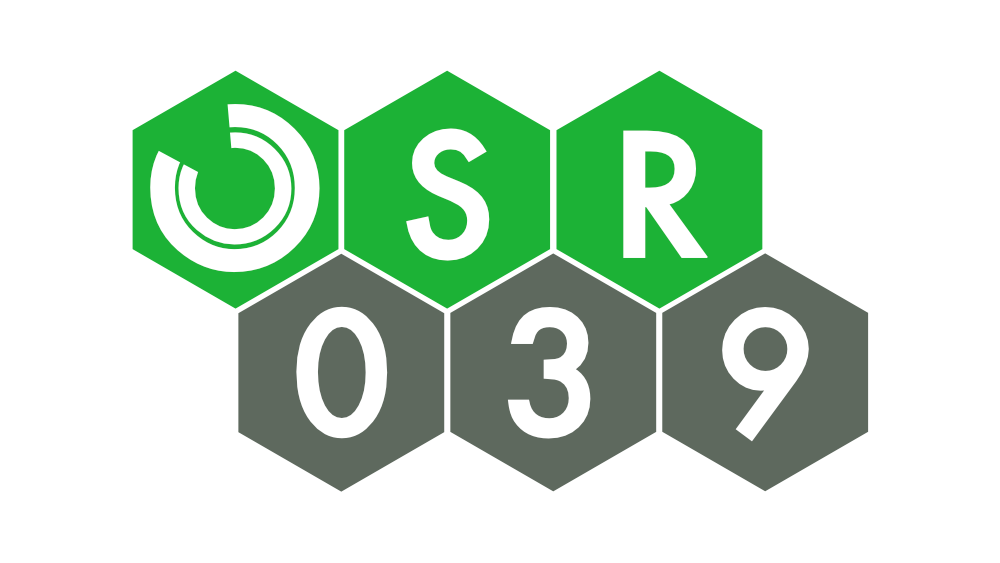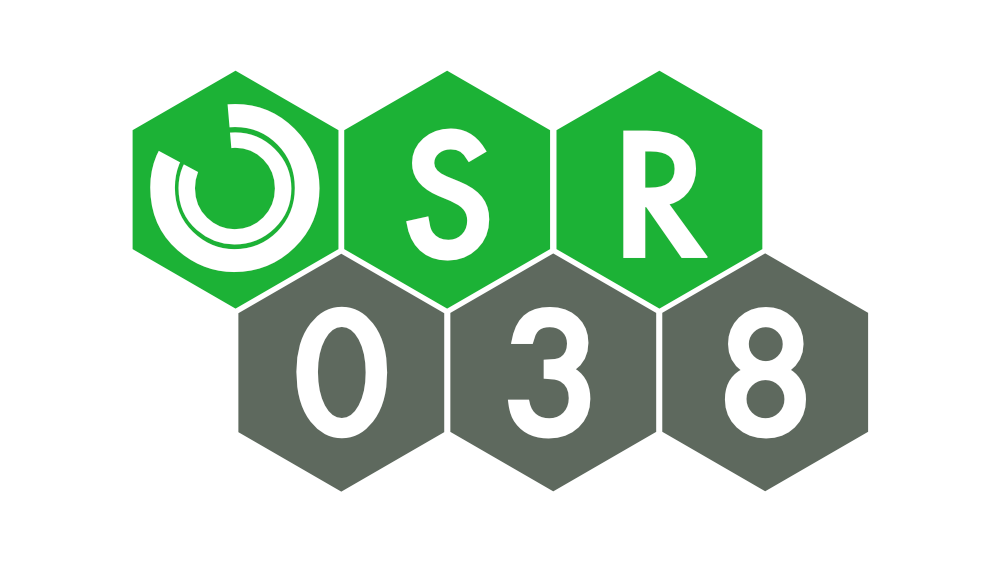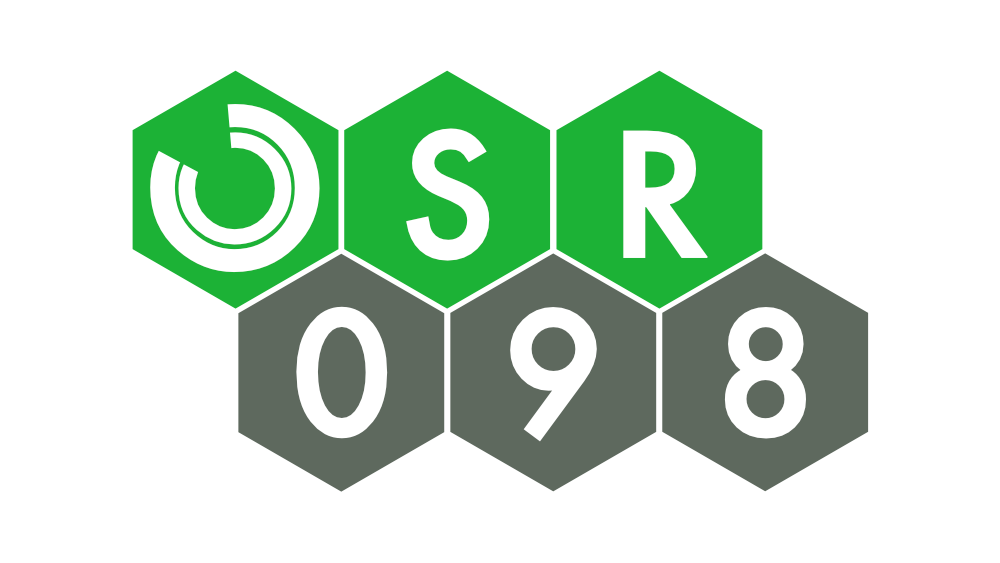
Something is rotten in the state of Denmark. Academic publishing that is. And actually not only in Denmark. Even though open access publishing has picked up quite a bit over the last years, academic publishing today is still rather dominated by legacy publishers who mainly play their old game without much signs of changing and adapting to current technological and scientific developments. In fact, many of them are not even showing much willingness to consider changing. A lot of the recent studies and arguments point out that a complete transition to open access publishing potentially yields many positive social effects for the academic system and society as a whole, and even might achieved quite substantial savings. We had the great opportunity to talk Björn Brembs about these points, the obstacles, the necessary steps and a vision of how a publishing infrastructure could look like.
We apologize for the less optimal audio quality and hope you’re still enjoying the conversation. Have fun!
As reproducibility becomes more and more important, one of the main challenges is to support it by making it easier and more accessible. Starting in the domain of geosciences, the DFG-funded project Opening Reproducible Research aims to improve the access to research results that are published over the Internet, and seeks to simplify their reuse in the form of a research compendium. At this poster session Markus Konkol from the Institute of Geoinformatics at WWU Münster provides some insight to the project.
One of the important issues in an institutional setting nowadays is, to guarantee reproducibility and quality control during the research process and across the entire data lifecycle. The DFG-funded project CONQUAIRE – Continuous Quality Control for Research Data to Ensure Reproducibility focuses exactly on these tasks. At this poster session Vidya Ayer from the Semantic Computing Group at Bielefeld University provides a short introduction to the project and its main aspects.
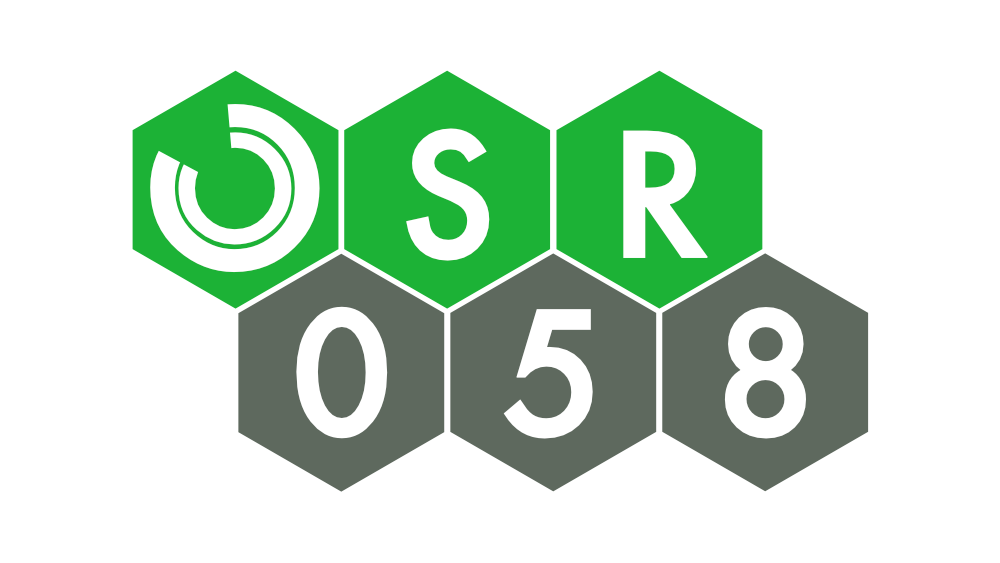
Pretty much everybody with a background in research knows PLOS, either through its mega journal PLOS ONE (most probably the biggest OA journal), or one of its other journals. However, it was kind of surprising to us when we recognized a while ago that there is also a PLOS podcast, the PLOScast. This podcast, being public for a year now, offers more than a dozen episodes so far, each being an interview with some very interesting guests – some of them well-known all over the place, such as Cameron Neylon, Matt Shipman,Geoffrey Bilder and many more. We got the wonderful opportunity to talk to Elizabeth Seiver, the host of the PLOScast (and herself being a meta researcher at PLOS with a psychology background) and Jennifer Laloup, the producer of the show. We talked about how PLOScast came to life and how they have been able to constantly grow it. We also share some of our own history and experience. We can absolutely recommend to give the PLOScast a thorough listen and we hope that there will be many more episodes to come. Hopefully, this episode is as interesting for you, as it was for us. Thanks Elizabeth and Jen! And now, enjoy!
Inspiriert von der letzten Episode mit Greg Wilson von Software Carpentry und etwas „geschubst“ durch die Ereignisse rund um Sci-Hub haben wir in dieser Episode mal den Werkzeugkasten eines offenen Wissenschaftlers angeschaut. Oder besser ausgedrückt: wir werfen mal einen Blick darauf welche Tools darin liegen könnten die entlang des Forschungszyklus von der Ideenfindung und Antragsschreiberei bis hin zur Publikation wissenschaftlicher Ergebnisse zum Einsatz kommen. Natürlich ist unser Blick dabei aus unserer eigenen Position heraus gefärbt, aber wir hoffen damit einen kleinen Überblick und Anregungen vermitteln zu können. Dabei kommen wir auch auf das ein oder andere Tool zurück, dass wir hier schon erwähnt haben.
Software Carpentry is an initiative that has already been mentioned in various Open Science Radio episodes. From 1998 it has ventured out in order to teach scientists how to teach other scientists how to program software that helps them in their daily work with scientific (data) analysis. The community-driven project is a unique one and it was about time that we dip into their activities. Luckily we don’t need to do that alone but are honored that Greg Wilson, the co-founder of Software Carpentry, has freed up some of his time to give us an introduction and answer some of our questions. In addition, it is quite convenient that Konrad already has gained some experience with Software Carpentry himself. We hope this episode provides a small introduction to this great initiative and maybe encourages someone of you to participate and support it. Besides, we strongly recommend that you take some time and have a look at the material yourself. Enjoy!
